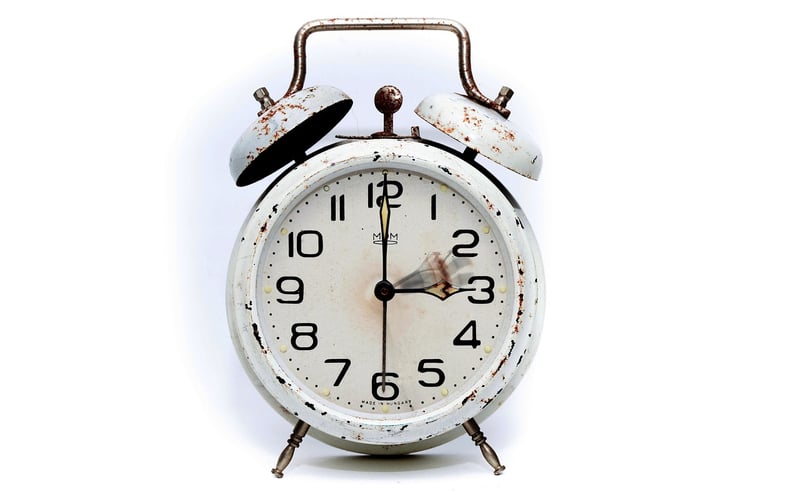Temporal Paradoxes
The Intersection of Ethical Considerations and Temporal Paradoxes
Exploring the fascinating realm of time travel often leads us to ponder not only the scientific aspects but also the ethical implications that come with altering the past or future. Additionally, the concept of temporal paradoxes adds a layer of complexity to the moral dilemmas associated with time manipulation. Let's delve into the intriguing intersection of ethical considerations and temporal paradoxes.
Ethical Considerations in Time Travel
Time travel raises numerous ethical questions that challenge our moral compass. One of the primary concerns is the potential impact of altering historical events. Would changing the past lead to unforeseen consequences in the present or future? Should we intervene in past atrocities to prevent suffering, even if it means altering the course of history?
Furthermore, the notion of personal gain through time travel raises ethical dilemmas. Is it acceptable to manipulate the past for individual benefit, knowing that it could have ripple effects on the lives of others? How do we balance the temptation of altering our own past mistakes with the potential risks to the timeline?
Temporal Paradoxes and Moral Dilemmas
Temporal paradoxes, such as the famous grandfather paradox or the bootstrap paradox, add a layer of complexity to the ethical considerations of time travel. These paradoxes raise questions about causality, free will, and the very nature of existence.
The grandfather paradox, for instance, questions what would happen if a time traveler were to go back in time and prevent their grandfather from meeting their grandmother, thus erasing their own existence. How do we reconcile the moral implications of potentially erasing our own lineage or altering the lives of our ancestors?
Similarly, the bootstrap paradox challenges our understanding of the origins of objects or information. If a time traveler were to bring back a piece of technology from the future and introduce it in the past, where did that technology truly originate? How do we address the ethical responsibility of sharing advanced knowledge across different time periods?
Conclusion
As we contemplate the ethical considerations and temporal paradoxes associated with time travel, we are confronted with profound questions that test our values and principles. While the allure of altering the past or future may be enticing, we must carefully consider the potential consequences and moral implications of our actions. By exploring these complex intersections, we gain a deeper appreciation for the complexities of time itself and the impact of our choices on the fabric of reality.

 Explore more images related to time travel on Pixabay
Explore more images related to time travel on Pixabay
